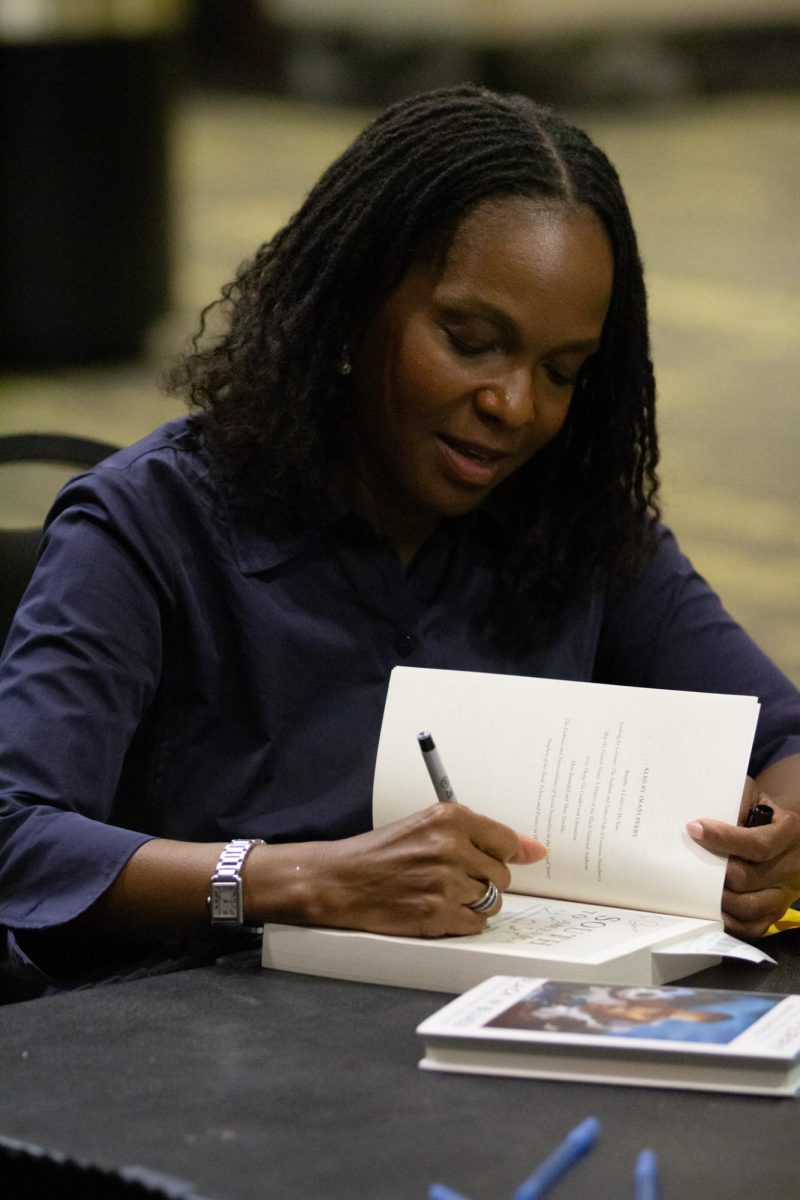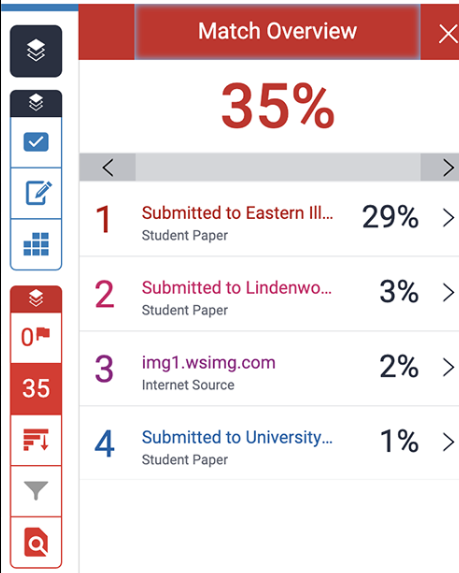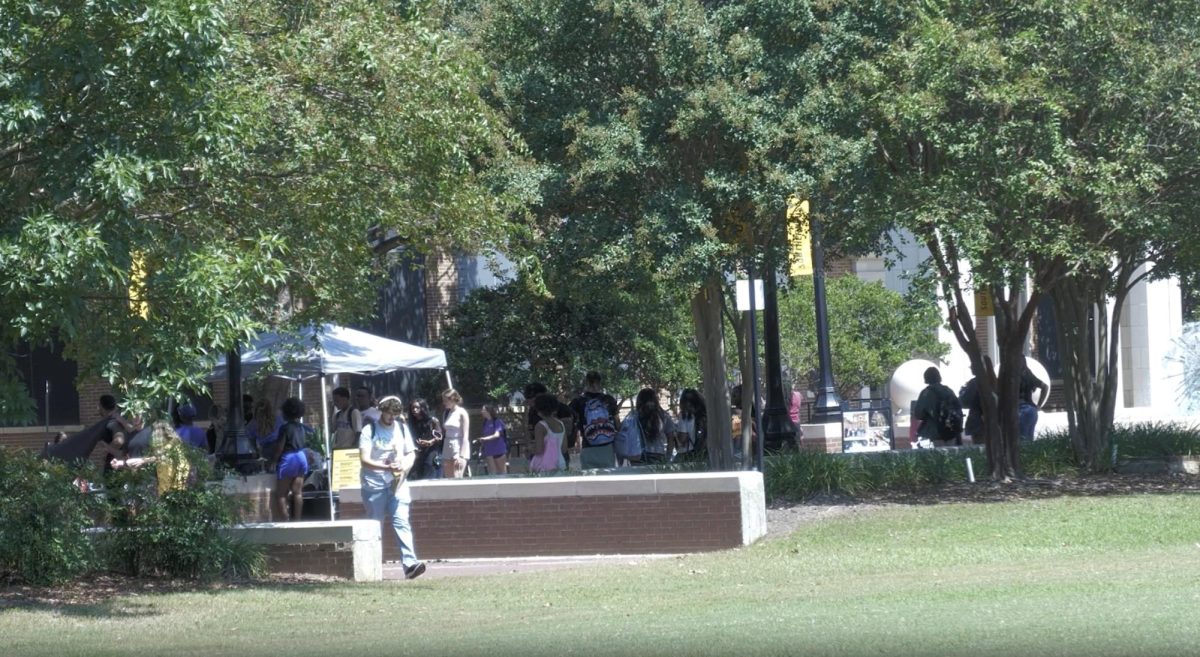The Student Printz Executive Editor Kyra Lampley and SM2 News Director Charlie Luttrell contributed to this report.
As the ink dries on Mississippi Governor Tate Reeves’ signature of Senate Bill 2133, the law goes into effect, aiming to restrict discussions of race from Mississippi classrooms.
Mississippi Gov. Tate Reeves passed the bill on March 14, sparking debates regarding the effect on classroom instruction of the topic.
According to Purdue University, CRT is defined as a ‘theoretical and interpretive mode that examines the appearance of race and racism across dominant cultural modes of expression’.
In his recent address to the state, Reeves says that the teaching of CRT is not beneficial to Mississippi children’s education.
“CRT threatens the integrity of our kids’ education and aims only to humiliate and indoctrinate,” Reeves said.
Cheryl Jenkins, the associate director for the Center for Black Studies at University of Southern Mississippi, says that CRT is often used in her courses to teach about the inequalities that people of color face in the United States.
“Because it is relevant to my courses, particularly on the graduate level because we look at how race is perpetuated through our media systems,” Jenkins said.

However, Reeves said that the bill will not prohibit the teaching of history, causing a confusion of what the bill will actually accomplish and how it will be enforced.
Many consider this a political ploy that is being used to ensure that certain parties get elected to governmental offices.
Robert Press, member of the NAACP executive committee and a political science professor at the University of Southern Mississippi believes that is the case in Mississippi.
“I think it remains to be seen as a political issue. So, it’s all about the midterms (election). There is nothing educational about this issue,” Press said.

And it’s that rhetoric that politicians are spreading on CRT that the Press says is causing the divisive debate and causing a misconception of what CRT actually is and does in education.
While some are concerned about the potential effect the bill could have on higher education, Jenkins says that most of the concern is what is shows to public kindergarten through grade 12 education.
As academic freedom protects higher education and the IHL has already taken measures to restrict legislature from changing curriculum, public education is not protected in such a way.
“I think it will scare secondary school teachers because it’s vague but it’s less vague than it was, so if they take it literally, there’s nothing in there to bother them,” Press said.
Contrary to what people believe, CRT is a principle that acknowledges that racism has systematically been embedded into U.S. social organizations (ex: the criminal justice system, health care, job markets, etc.)
Yet, Reeves said while signing 2133 that the teaching of CRT is a way of the “radical left” to turn students into “liberal operatives”.
“The radical left in the media continue to shed misinformation on this critical issue,” Reeves said. “Children are dragged to the front of the classroom and are coerced to declare themselves as oppressors, that they should feel guilty because of the color of their skin, or that they are inherently a victim because of their race.”
(Full statement from Gov. Tate Reeves available at https://fb.watch/c0u5wiquAJ/)
While Reeves does not want to recognize the wrong doings in the past of Mississippi, Jenkins says that this issue is unfair for those who need to learn about CRT.
“It’s not the only prism that we use to talk about representation or stereotypes, but because the media is a system, it is very legitimate for that (CRT) to be discussed,” Jenkins said.
While the bill has been passed, efforts are continuing to be made to ensure that future generations of children in Mississippi receive adequate education on the principles of CRT and the systemic racist ideologies in the state.
Both Press and Jenkins said the legislation will not change how they teach their courses at USM, but Jenkins said that the legislation is an opportunity to enact change.
“I think in the long run, it’s something we’ll have to deal with historically. This has happened across the history of higher education and I think we’ll learn from it and that higher-education has an opportunity to step up and say what we’re doing when I think that hasn’t happened before,” Jenkins said. “I think that’s why most people don’t even know what Critical Race Theory is because the people who know are not the ones that you’re actually hearing.”

































